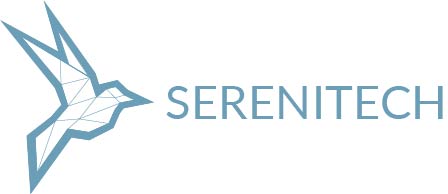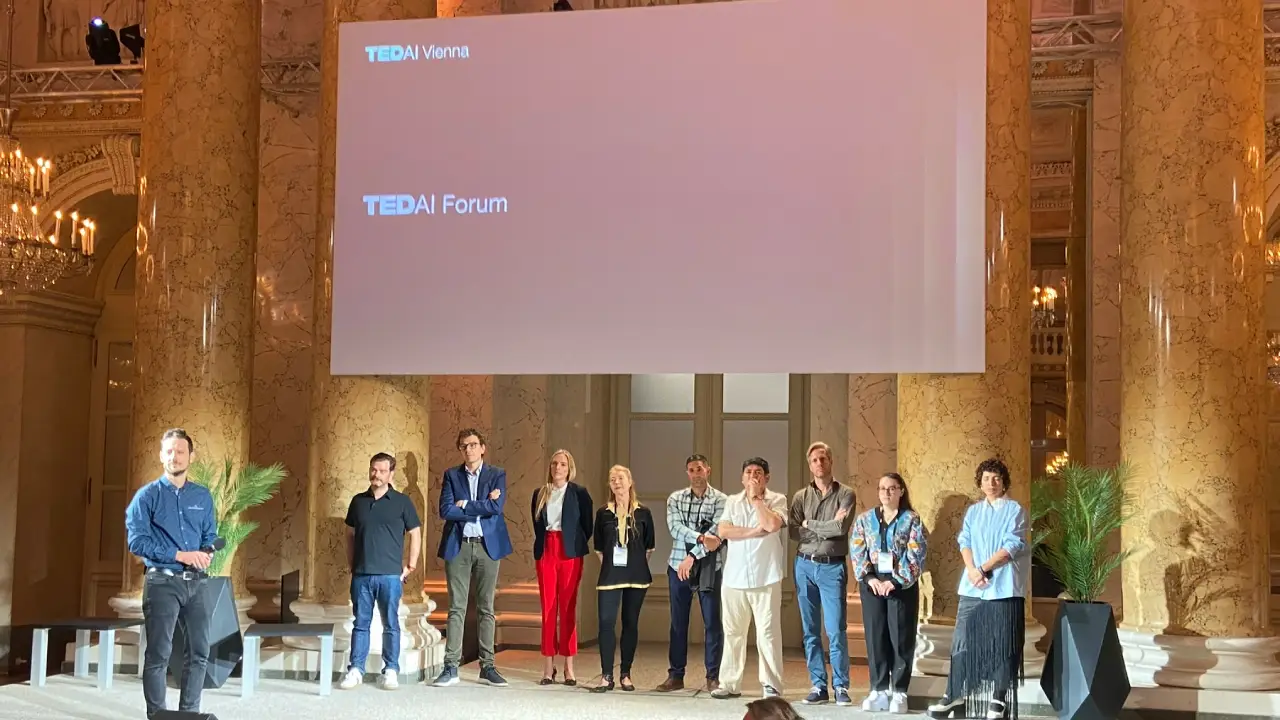At TEDAI Vienna 2025, I had the privilege of being part of a panel on AI and programming, where we explored how artificial intelligence is transforming the craft of coding. From copilots that understand intent to systems that can write, debug, and even reason about code, we discussed what this means for developers, businesses, and the future of the tech industry.
When we think about the future of programming, we often picture faster code or smarter tools. But what’s really happening is something deeper — a shift in how humans and machines collaborate to express logic, creativity, and innovation.

Coding with Intelligence: Redefining Software in the Age of AI
I’ve always liked the saying: “Nothing endures but change.” And nowhere is that more true than in software development.
When I first came across Vibe Coding, I honestly thought: “That’s it, I’m out of a job.”
Andrej Karpathy (OpenAI co-founder) coined the term earlier this year, and it describes the practice of generating code with large language models.
This is the biggest transformation I’ve seen in my 30 years in software development.
Music producer Rick Rubin calls vibe coding “the punk rock of software”
And it’s big business.
- Earlier this year, OpenAI acquired Windsurf for $3 billion.
- Cursor, a three-year-old company, generates $500M in annual revenue.
- And in June, a 6 -month old vibe coding company, Base44, sold to WIX for $80M in cash.
These tools are remarkable.
They can generate hundreds of lines of code in minutes, hook into databases and APIs, and build functional applications in hours. They’re not only fast at creating code — they also debug, optimize, and can detect vulnerabilities.
Designers, product managers and even business leaders can shape prototypes and workflows.
But as I’ve experimented vibe coding platforms and code companions in real-world environments, one truth has become clear: life experience is more valuable than raw coding ability.
A new branch for developers has been created specialising in vibe coding cleanup.
I prefer use AI as a coding companion, where I work closely with the code and get AI to take care of the repetitive tasks.
AI doesn’t understand the bigger picture. It lacks intuition, foresight and organizational context.
The real leverage comes from judgment. Knowing when to trust the AI, when to question it and when to override it completely.
AI lacks the subtlety of negotiating between complexity and sustainability, and the wisdom to balance short-term fixes with long-term goals. When errors stem from cross-system interactions, human insight becomes indispensable.
This is where engineers shine. With AI taking on repetitive tasks, we are free to focus on strategy, ethics, and creativity — aligning designs with organizational goals, applying domain-specific expertise, and safeguarding the big picture.
AI-generated code often needs refinement to meet standards of performance, maintainability, and sustainability. Engineers step in to ensure outputs adhere to green coding principles, optimize resource usage, and align with ethical frameworks. We manage technical debt, maintain legacy systems, and design for scalability.
This new era is not about competition between humans and AI — it’s about collaboration.
Engineers bring contextual awareness, industry knowledge, and human creativity, while AI accelerates execution. Together, we create systems that are not only efficient and innovative, but also responsible.
Monitoring and verification will remain critical. Engineers will continue to validate AI outputs for quality, suitability and security, maintaining oversight to ensure reliability and trust.
Human ingenuity is irreplaceable in designing innovative solutions, tackling uncharted problems, and guiding AI to prioritize energy-efficient, resource-conscious practices. By embedding sustainability into every layer of the development process, we can ensure technology reduces its impact on natural resources.
The future of software development is synergy — where efficiency, innovation, and responsibility coexist. Engineers won’t just adapt to these changes; we’ll lead them, shaping the next generation of systems that are as ethical as they are effective.
As Karpathy has described, large language models are essentially programmable neural networks. That means the very field of software engineering is still evolving — and fast.
Just last week (October 2025), both Open AI and Gemini 2.5 Deep Think achieved gold-medal performance at the ICPC (International Collegiate Programming Contest) World Finals — solving a complex optimization problem that no university team could.
AI has become an extraordinary partner in software development, but its true potential is only unlocked when paired with human judgment, creativity, and vision.The future is not humans or AI. It’s humans with AI. That is how we’ll build the most innovative, sustainable, and impactful systems of our time.

